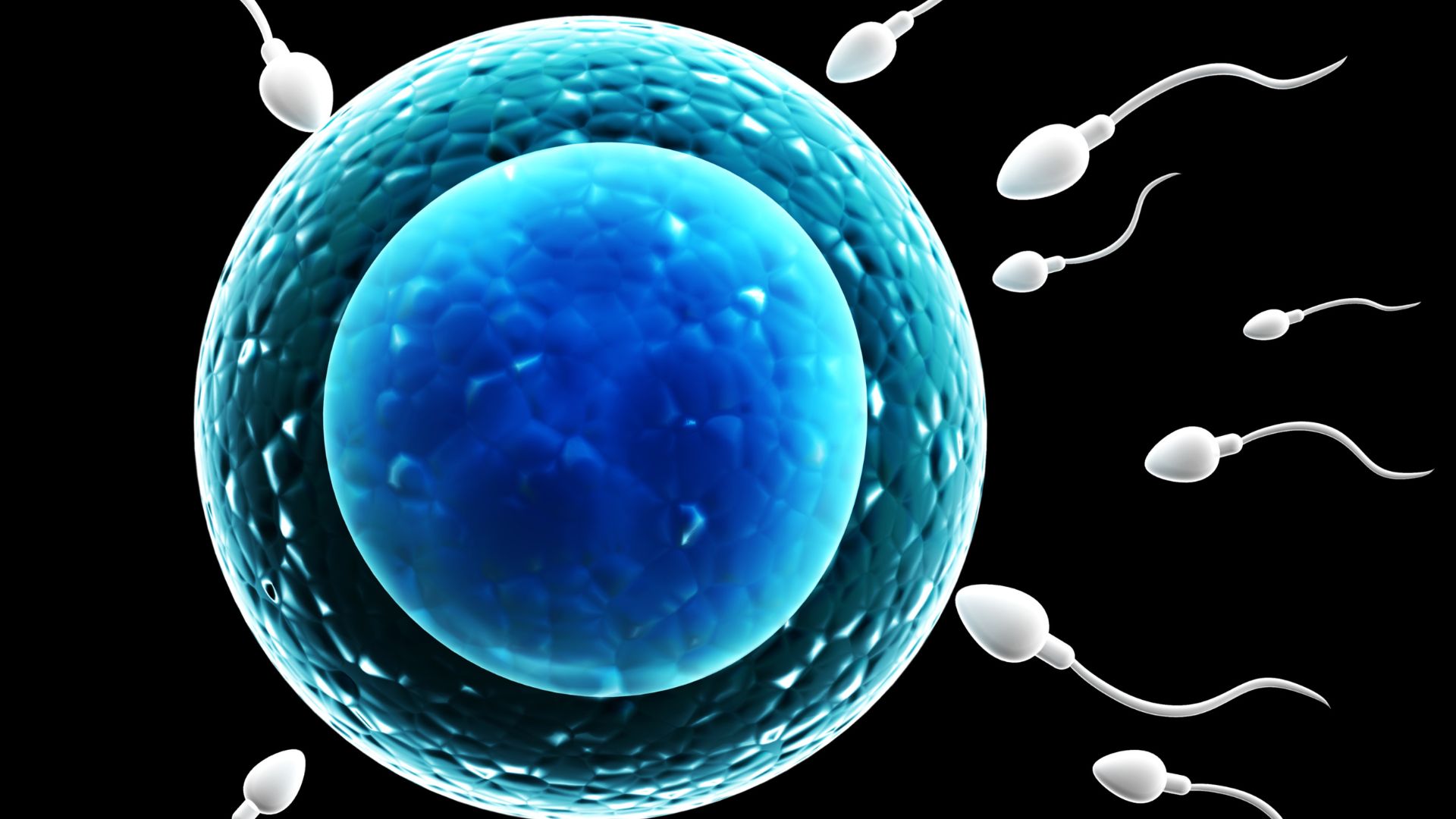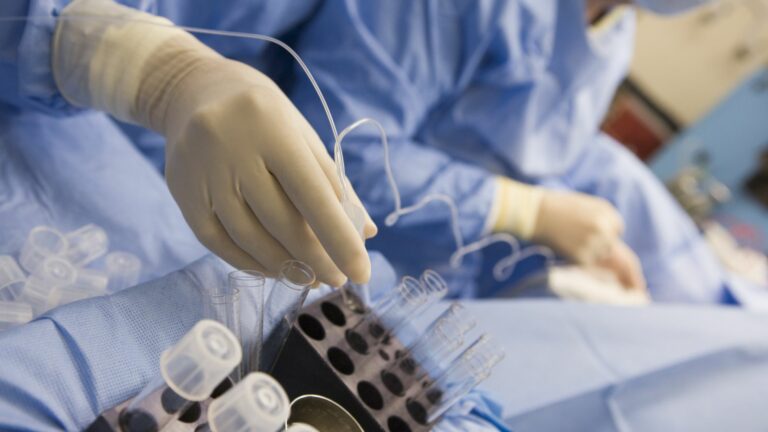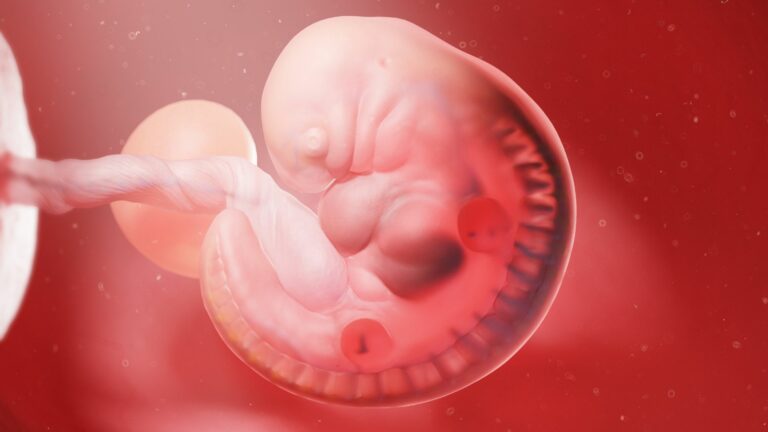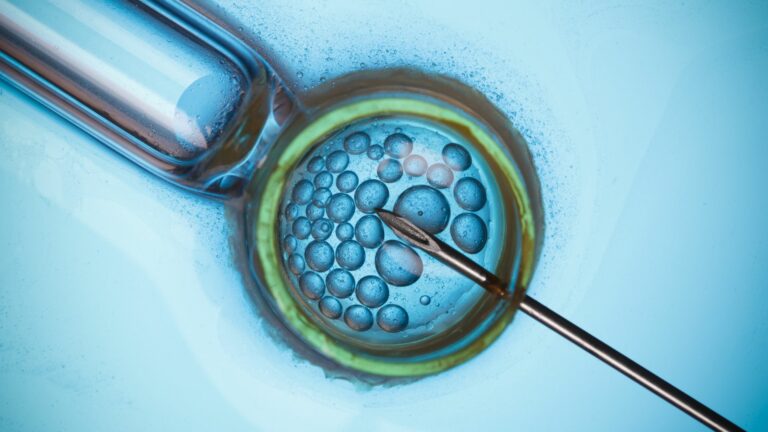
When couples face challenges conceiving and turn to in vitro fertilization (IVF) for help, sperm health emerges as a critical factor influencing the likelihood of a successful outcome.
By making targeted improvements to diet and adopting healthier lifestyle habits, men can significantly enhance key sperm parameters like count, motility, and morphology.
These positive changes ultimately contribute to better chances of fertilization, normal embryo development, and overall IVF success.
The Power of Nutrition
Antioxidant-Rich Foods
A diet abundant in fruits and vegetables of all colors supplies a wide array of antioxidants that help neutralize harmful free radicals.
This is crucial because oxidative stress caused by free radicals is a major contributor to sperm damage and dysfunction. Some top choices packed with protective antioxidants include:
- Berries (strawberries, blueberries, raspberries)
- Citrus fruits (oranges, grapefruits, tangerines)
- Leafy greens (spinach, kale, collards)
- Broccoli
- Carrots
For more information: Phytonutrient spectrum for disease prevention
Omega-3 Fatty Acids
Omega-3 fats, especially DHA, make up a key structural component of sperm cell membranes. Having adequate levels of omega-3s helps ensure sperm cells maintain their proper shape and flexibility to successfully swim towards and fuse with an egg.
Be sure to regularly include rich sources like:
- Fatty fish – salmon, mackerel, sardines, herring
- Plant sources – flaxseeds, chia seeds, walnuts
For more information: Omega-3 fats overview
Zinc and Folate
Zinc plays an indispensable role in male reproductive health, required for testosterone synthesis and found in high concentrations within the testes and sperm.
Folate (Vitamin B9) is essential for proper DNA synthesis in rapidly dividing sperm cells.
“Zinc and folate are two critical nutrients for optimal sperm production and function. Incorporating foods rich in these vitamins and minerals can significantly support overall sperm health.” – Dr. Amit Sachdev, Fertility Specialist
To safeguard zinc and folate status, regularly consume foods like:
| Zinc-Rich Foods | Folate-Rich Foods |
|---|---|
| Oysters | Leafy greens |
| Red meat | Citrus fruits |
| Poultry | Beans |
| Nuts | Fortified cereals |
For more information:
Foods to Limit or Avoid
Certain foods and dietary patterns can negatively impact sperm health:
- Processed Foods: High in unhealthy trans fats, added sugars, and excess sodium, contributing to inflammation and oxidative stress.
- Excess Red Meat: While a source of zinc, excessive intake may impair sperm parameters.
- Soy (In High Amounts): Phytoestrogens in soy may interfere with hormonal signaling involved in sperm production when consumed in large quantities.
The key is enjoying less healthy foods in moderation as part of a balanced, nutrient-dense diet focused on whole foods.
For more information: High-soy diet and sperm count
Lifestyle Factors
Achieving a Healthy Weight
Excess body fat, particularly in the abdominal area, can disrupt hormonal balance, impair sperm production, and increase the risk of fertility issues.
Overweight and obesity are associated with reduced sperm count, motility, and altered morphology.
Action Step: Calculate your BMI and work towards reaching a healthy weight range through a balanced diet and regular physical activity. Even modest weight loss can lead to significant improvements in sperm parameters.
For more information: Obesity effects on male fertility
Regular Exercise
Engaging in moderate-intensity exercise most days of the week offers a multitude of benefits for sperm health.
Regular physical activity helps:
- Maintain a healthy weight
- Improve blood flow and circulation to reproductive organs
- Boost testosterone levels
- Reduce oxidative stress
For best results: Aim for at least 30 minutes of exercise per day, including a mix of cardio (swimming, jogging, cycling) and strength training.
Stress Management
Chronic stress leads to sustained elevations in cortisol, which can interfere with testosterone production and negatively impact semen quality.
Incorporate stress-reducing practices into your daily routine:
- Deep breathing exercises
- Meditation and mindfulness
- Yoga and stretching
- Time in nature
- Engaging in hobbies and leisure activities
Prioritizing Sleep
Insufficient sleep can disrupt the hormones that regulate reproductive function, leading to decreased testosterone levels and impaired sperm health.
Aim for 7-9 hours of quality sleep each night and optimize your sleep environment for best results.
Quitting Smoking and Limiting Alcohol
Cigarette smoking and excessive alcohol intake are two of the most detrimental habits for sperm health.
Smoking has been clearly shown to reduce sperm count, decrease motility, and cause increased DNA fragmentation. Excessive alcohol consumption can lower testosterone levels and impair sperm parameters.
For optimal results:
- Quit smoking entirely and avoid exposure to secondhand smoke
- Limit alcohol intake to no more than 1-2 drinks per day
For more information:
Supplementation and Other Considerations
Strategic Supplements
Certain supplements, when used under the guidance of a healthcare professional, may offer additional support for sperm health:
- Vitamin C
- Vitamin E
- Coenzyme Q10 (CoQ10)
- Selenium
- Folic acid
Important Note: Always consult with your doctor before starting any new supplement regimen to ensure safety and appropriate dosing for your individual needs.
Addressing Underlying Health Conditions
Some health issues, such as varicocele (enlarged veins in the scrotum) and hormonal imbalances, can negatively impact sperm production and quality.
If you suspect an underlying condition may be affecting your fertility, don’t hesitate to discuss it with your doctor for proper evaluation and treatment.
Minimizing Toxin Exposure
Regular exposure to toxins found in pesticides, herbicides, plastics, and personal care products can take a toll on sperm health. While it’s impossible to avoid all toxins, you can minimize your exposure by:
- Choosing organic produce when possible
- Avoiding heating food in plastic containers
- Reading labels on personal care products
- Wearing protective equipment if occupationally exposed
- Filtering drinking and bathing water
A note from Dr. Rajeev Joshi, Senior Fertility Consultant: “Small everyday choices can add up to a big impact when it comes to minimizing toxin exposure. By reducing your toxic load, you’re creating a healthier environment for your sperm to thrive.”
The Journey to Optimal Sperm Health
Consistency Over Time
Sperm production takes approximately 3 months, so it’s essential to maintain positive diet and lifestyle habits consistently to see the most improvement in sperm parameters.
Don’t get discouraged if results aren’t immediate – stay focused on the small, daily choices that contribute to long-term sperm health.
Progress Over Perfection
While aiming high is admirable, it’s crucial not to let perfectionism stand in the way of progress. Focus on making realistic, sustainable changes that you can stick with long-term.
Celebrate the small victories along the way and remember that setbacks are a normal part of the process.
Teamwork Makes the Dream Work
Pursue sperm optimization as a team with your partner for best results and an extra dose of motivation.
When you work together to create a healthy lifestyle and environment, you not only improve your chance of IVF success but also strengthen your bond as a couple.
Tracking Your Improvement
Establish a baseline with a semen analysis before beginning your sperm health journey. Regular follow-up analyses can provide tangible proof of your progress and reinforce the positive changes you’ve worked hard to implement.
Steps for tracking progress:
- Initial semen analysis to assess baseline sperm count, motility, morphology, and more
- Discuss results with your fertility doctor and create a personalized sperm optimization plan
- Implement targeted diet, lifestyle, and supplementation strategies consistently
- Repeat semen analysis every 2-3 months to evaluate improvements and adjust course as needed
- Celebrate successes and stay focused on your end goal of optimizing your fertility for IVF
For more tips and information:
- Creating a fertility-friendly home environment
- Sleep and its impact on IVF outcomes
- Managing stress during IVF with mindfulness techniques
- Exercise during IVF: What’s safe and beneficial
- IVF diet and nutrition tips for Indian women
Conclusion
The path to parenthood through IVF is a profound journey of resilience, dedication, and hope. By taking a proactive approach to sperm health through nutrition, lifestyle, and supplementation, you’re setting yourself up for success.
Remember, every small choice you make to nourish your body and reduce harmful exposures is a powerful step in the right direction.
Stay consistent, be patient with yourself, and lean on your support system. Your commitment to optimizing your sperm health today is shaping the story of your future family, one day at a time.
For additional support and information:
- IVF support groups in India
- What to expect emotionally during IVF
- Coping with an IVF cycle failure
- Realistic expectations about IVF success rates
- Dealing with the financial burden of IVF in India
Explore IVF centers across India:






